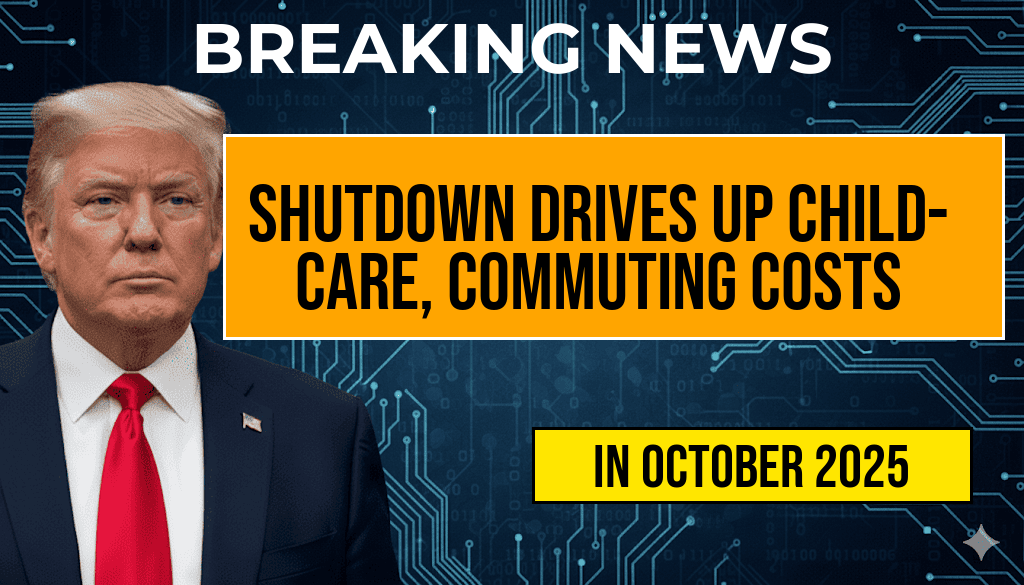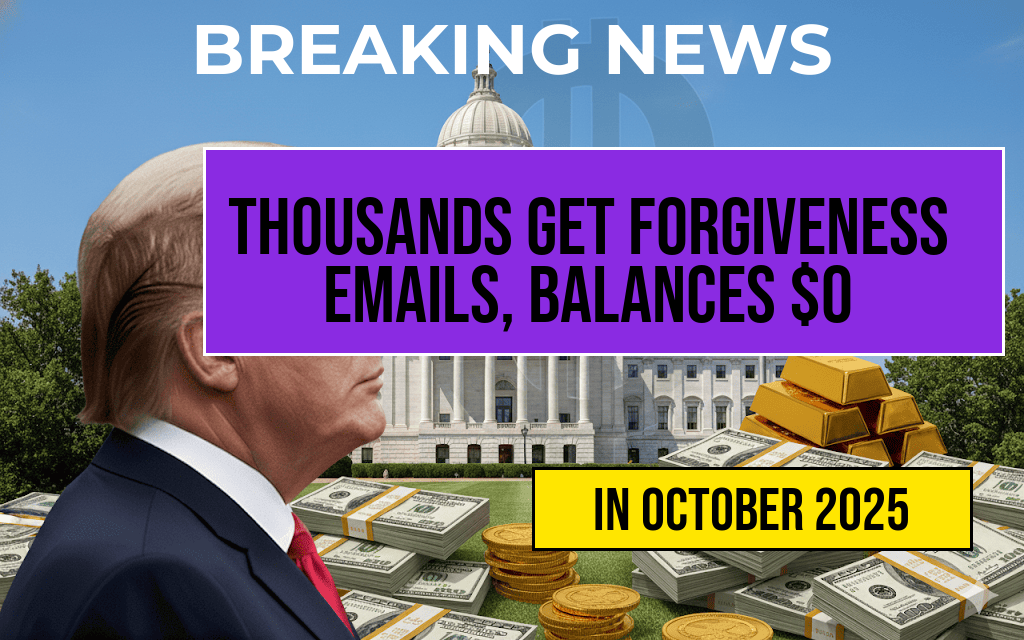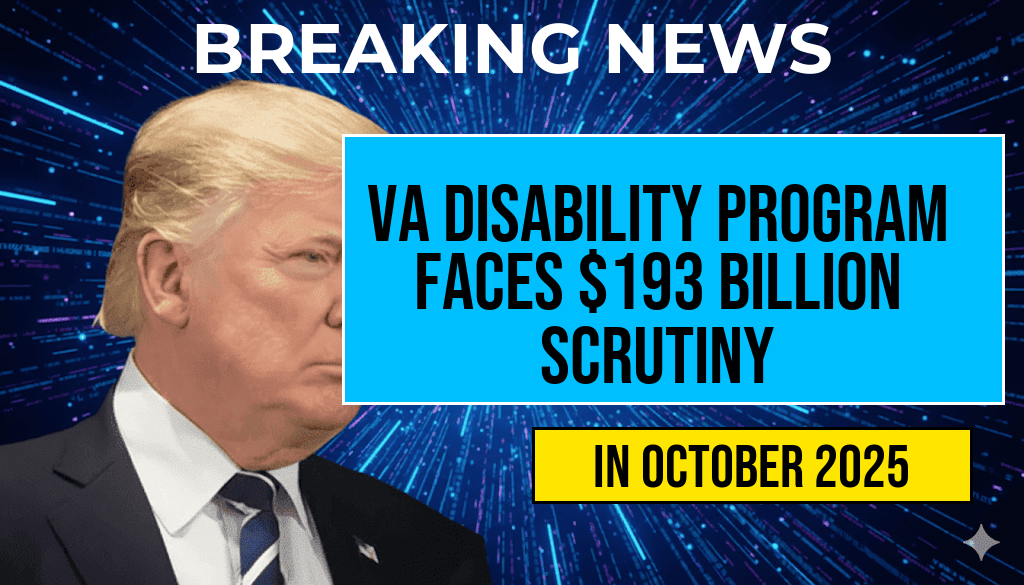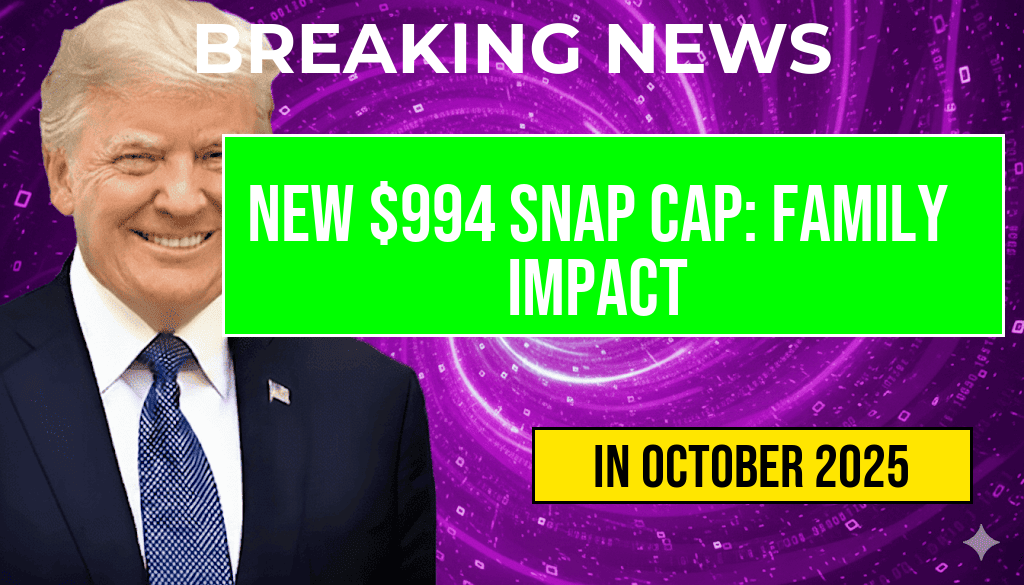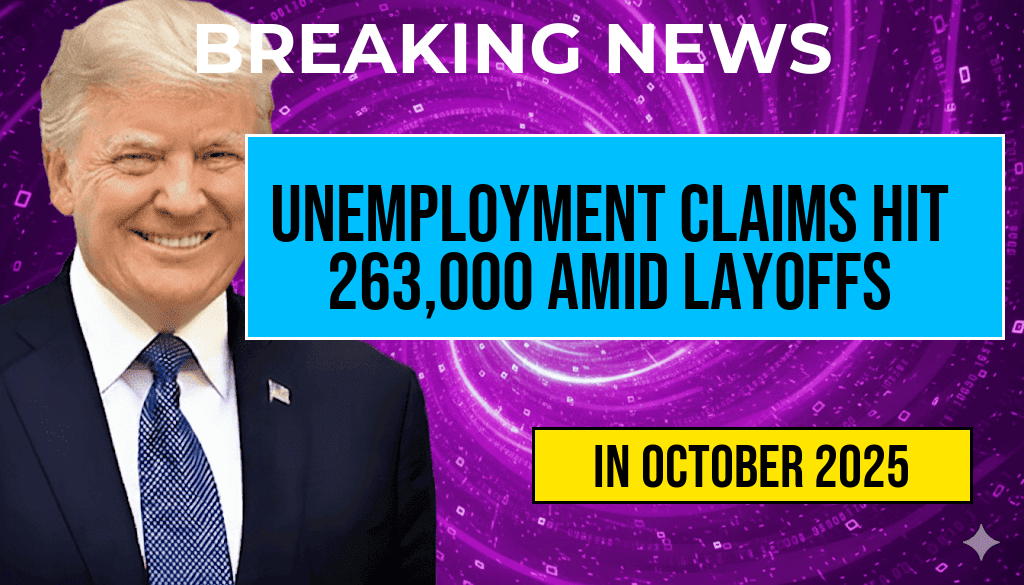In a significant development that has impacted thousands of individuals across the United States, many have recently received emails notifying them that their outstanding loan balances have been forgiven, leaving them with a balance of $0. This unexpected financial reprieve is part of an ongoing effort to address student debt, particularly for borrowers who have been struggling to meet their repayment obligations. The implications of this mass forgiveness extend beyond the immediate relief for borrowers; it also raises critical questions about the future of student loan policies, the economy, and personal finance management.
Understanding the Forgiveness Program
The emails were sent as part of a broader initiative aimed at reducing the burden of student loan debt, which has reached staggering levels in the U.S., totaling over $1.7 trillion. The program primarily targets borrowers who have faced hardships, such as financial difficulties or those who have defaulted on their loans. This latest wave of forgiveness is attributed to a combination of legislative changes and new policies introduced by the Department of Education.
Key Features of the Forgiveness Initiative
- Eligibility Criteria: Borrowers must meet specific conditions, including income thresholds and the duration of loan repayment.
- Automatic Notifications: Eligible borrowers are contacted via email, notifying them of their forgiven balances without the need for extensive paperwork.
- Impact on Credit Scores: Loan forgiveness can positively affect borrowers’ credit scores, potentially opening doors to better financial opportunities.
Economic Implications of Loan Forgiveness
The recent wave of loan forgiveness is expected to have various economic ramifications. For many borrowers, being relieved of their debt burden allows for increased disposable income, which can spur consumer spending and stimulate economic growth. Additionally, as more individuals become financially stable, there could be a reduction in the stress and anxiety associated with debt, leading to improved mental health outcomes.
Potential Challenges and Concerns
While the forgiveness initiative offers immediate relief, it also prompts discussions about the sustainability of such programs. Critics argue that widespread loan forgiveness could lead to increased tuition costs in the future, as educational institutions may feel less pressure to keep prices in check. Furthermore, the long-term fiscal implications for taxpayers and the government budget remain a contentious topic.
| Statistic | Value |
|---|---|
| Total Student Loan Debt | $1.7 Trillion |
| Average Student Loan Debt per Borrower | $37,000 |
| Percentage of Borrowers in Default | 10% |
Personal Finance Considerations
For those who have received forgiveness, the implications extend to personal finance management. With a sudden influx of financial freedom, borrowers may need to reassess their budgeting strategies. Financial advisors recommend that individuals take the opportunity to invest, save, or even contribute to retirement accounts, thus laying the groundwork for a more secure financial future.
Advice for Borrowers
- Reevaluate Financial Goals: Consider setting new financial objectives, such as saving for a home or retirement.
- Seek Professional Guidance: Consulting with a financial advisor can help in making informed decisions about newfound financial freedom.
- Stay Informed: Keep up with changes in student loan policies, as new initiatives may arise that could further affect your financial situation.
The recent forgiveness emails serve as a reminder of the ongoing evolution of student loan policies in the U.S. As borrowers navigate this new landscape, the actions they take now could shape their financial futures for years to come. For more information about student loan forgiveness and policies, check out resources from the U.S. Department of Education and Forbes.
Frequently Asked Questions
What does it mean to receive a forgiveness email regarding my student loans?
Receiving a forgiveness email indicates that your student loan balance has been canceled or reduced to $0. This means you are no longer responsible for repaying that amount, which can significantly impact your financial situation.
How many people are affected by this forgiveness program?
Thousands of borrowers are impacted by this program, leading to the cancellation of their outstanding student loan balances. This large-scale forgiveness aims to alleviate the financial burden on many individuals across the country.
What are the implications of having a loan balance of $0 for my credit score?
Having a student loan balance of $0 can positively affect your credit score. It reduces your overall debt-to-income ratio, which is a key factor in credit assessments, making it easier for you to qualify for future loans or credit.
Will I receive any tax implications from having my loans forgiven?
In many cases, forgiven student loans are considered taxable income. However, recent legislation may exempt certain forgiveness amounts from taxes. It’s advisable to consult a tax professional to understand how this may affect your specific situation.
What should I do next if I received a forgiveness email?
If you received a forgiveness email, confirm the details with your loan servicer and ensure that your account reflects the $0 balance. Additionally, stay informed about any further communications regarding your loans and consider planning your financial future accordingly.




